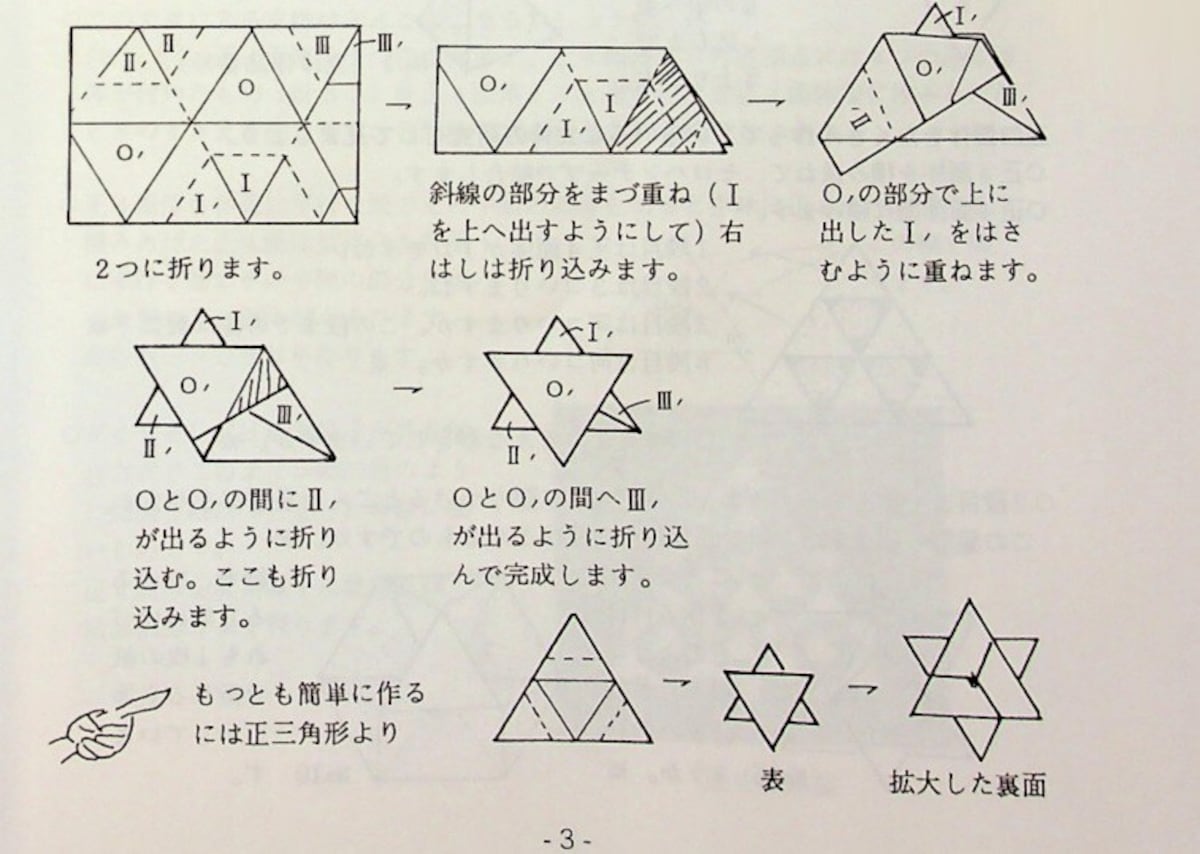The EU could significantly reduce the use of Russian natural gas without compromising energy security, two recent studies estimate.
Europe is able to reduce the use of Russian natural gas by a third of the current rate quickly and at a reasonable cost, the World Energy Organization estimates. According to the incubator Bruegel, dependence on Russian natural gas could even be completely cut off by next winter, but the action required is more severe and the costs higher.
Since Russia invaded Ukraine, EU leaders have demanded speeding up the secession from Russian energy, especially natural gas. According to the Commission, the EU’s gas reserves will be sufficient for this heating season, even if Russia cuts off supplies to Europe, but there is a desire to break gas dependence. At the same time, the rapid reduction in energy imports is seen as a way to punish Russia for the attack. Fossil energy is by far Russia’s most important export product and the EU its most important customer.
90% of the natural gas used in the EU is imported, and typically half of it comes from Russia through pipelines. Gas plays a major role in Europe in electricity generation, heating and industry.
Replacing Russian gas is not easy or cheap, but reports from the IEA and Bruegel say it is possible without the economy stagnating, housing freezing or electricity supply being cut off.
“
This year, European companies will expire 15 billion cubic meters of purchase agreements.
IEA presents to the EU a ten-point plan to reduce the use of Russian natural gas by a third.
The first recommendation is that European companies will no longer sign long gas contracts with the Russian state gas company Gazprom. This gives Europe more leeway in energy procurement, as in long-term gas contracts, the buyer typically commits to minimum purchases.
This year, European companies will expire 15 billion cubic meters of purchase agreements, the IEA estimates. This represents 12% of Gazprom’s exports to Europe. By the end of the decade, more than 40 billion cubic meters of contracts will expire.
Similarly, gas imports from other sources may be increased. The EU has already significantly increased its imports of liquefied natural gas (LNG) in the early part of the year, and new lng terminals are already under construction. Pipeline gas to Europe comes from Norway, Algeria and Azerbaijan, for example.
At the same time, it must be ensured that gas stocks are replenished before next winter, in order to avoid the uncertainty about the adequacy of stocks that has prevailed this winter. The IEA and Bruegel are both proposing government action to ensure this. A bill is already pending in Germany.
In the process Europe needs to accelerate the construction of renewables, the IEA says.
An unprecedented wave of investment in wind and solar power is already under way in the EU and their construction could be encouraged by speeding up permitting processes.
The organization also recommends that the decommissioning of nuclear power plants in Europe be postponed. Four reactors are being shut down in EU countries this year, but postponing decisions would reduce the need for natural gas in the future.
The IEA does not propose to restart already decommissioned nuclear power plants, but technically this would also be possible with certain restrictions, says a professor of nuclear technology at LUT University. Juhani Hyvärinen. For example, the shaft of a stopped turbine twists over time when it should be replaced.
“Most of the power plant will remain fully operational,” says Hyvärinen.
The IEA is also proposing measures for households, as natural gas plays a significant role in heating homes, especially in Central Europe. Increasing incentives for energy efficiency renovations and the installation of heat pumps could rapidly reduce natural gas consumption. According to the IEA, the desire of citizens to help Ukraine could also be exploited by asking people to lower the temperature in their homes.
“
The IEA says rising energy costs for the poorest households would be justified.
IEA does not primarily recommend that EU countries start replacing natural gas with coal or oil in energy production, as this would run counter to climate goals. However, if this were done, the use of Russian natural gas could even be halved.
If, on the other hand, the EU wants or is forced to survive next winter completely without Russian natural gas, increasing the use of coal and oil is inevitable, Bruegel said.
According to Bruegel’s researchers, Russian gas in Europe cannot be fully replaced quickly, for example by increasing lng imports. The global lng market is bustling, but supply is not endless, so growing EU purchases would also raise prices significantly. In addition, for example, the number and location of terminals restrict imports into the EU.
“There is little that can be done to remove physical bottlenecks in the next 12 months. Without Russian gas, supply and normal demand do not meet, ”the researchers write.
The EU would therefore be forced to take action to reduce demand. Bruegel’s list of measures is very similar to the IEA’s list, but also a restriction on the use of industrial gas as a short-term measure.
“Together with the record-high import of lng, demand-side measures would be sufficient to immediately eliminate dependence on Russian gas.”
By acting the price is not estimated by the IEA or Bruegel, but replacing cheap Russian natural gas with more expensive lng, for example, would raise the price of energy in Europe. Incentives for energy repairs and the installation of heat pumps would cost tens of billions of euros at EU level.
The IEA says an increase in energy costs for the poorest households would be justified, and money for this EU countries could raise through a temporary windfall tax on energy companies.
#Energy #gas #contracts #momentum #wind #power #permits #Scientists #propose #measures #reduce #Russian #gas #quickly






